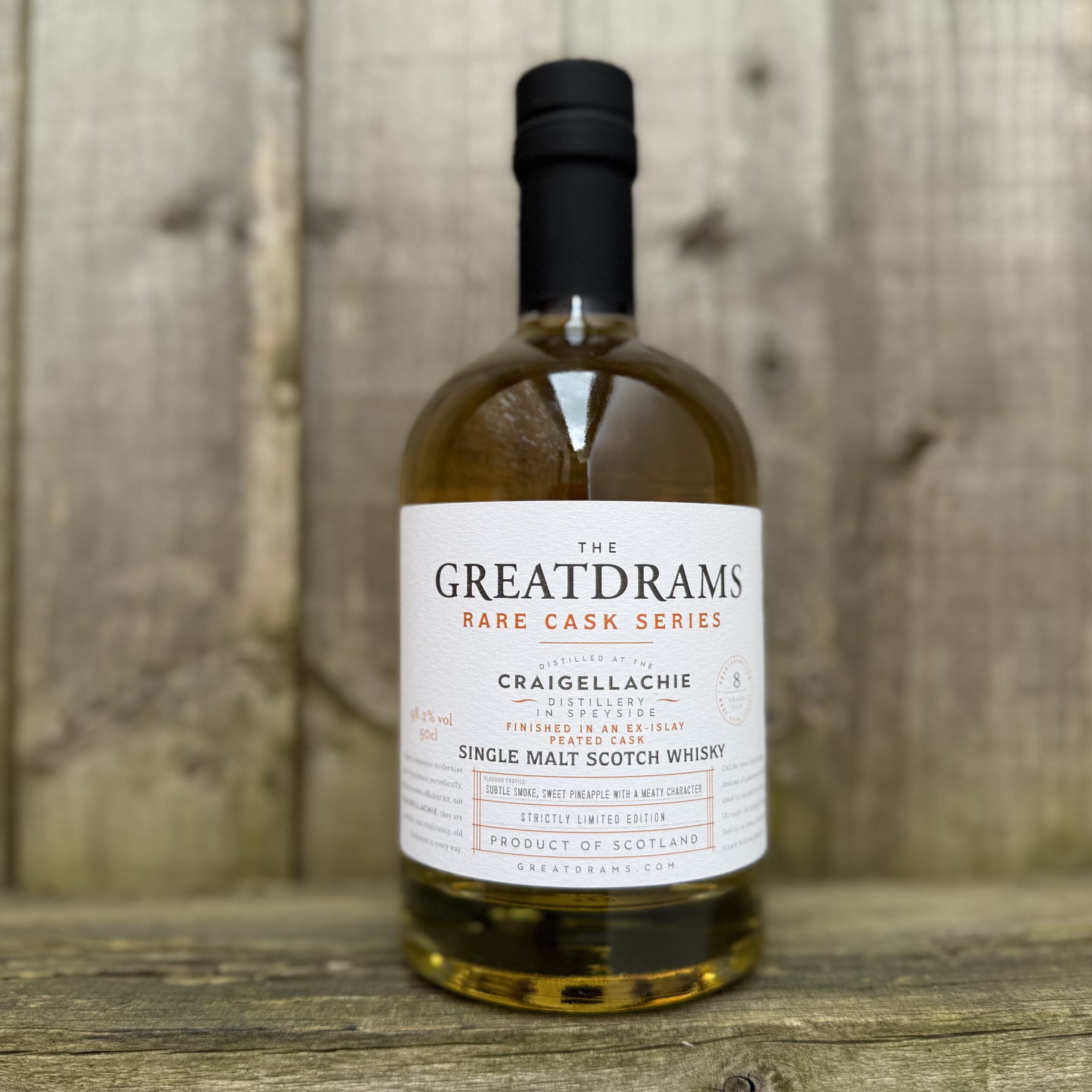Japanese whisky shortages call for more transparency
let’s begin
With the increase in popularity that the whisky industry is experiencing around the world, there have been calls for distillers to be more open about where their malt is coming from.
Rising Demand
Whisky from all parts of the world has seen a massive increase in demand. There have been rumours of whisky shortages from Scotland and Ireland over the last 5 years at least.
Japan has seen some of the biggest effects of the shortage, with popular products like the Hibiki 17 and Hakushu 12 being discontinued in 2019. This year has only brought more bad news, with releases like certain bottle sizes of the Shirokaku blend, single grain Chita and blended whisky Kakubinbeing taken of shelves. At least they haven’t disappeared altogether.
It is perhaps telling that grain whiskies are also being discontinued, since they have a faster production process than malts.
In response to this, Japanese Distillers have had to be smart about the whisky they make. This includes making blends such as Ao, which is created using malt from five different countries.
Import and Export
Exports of Scotch to Japan has been rising in recent years and 2019 saw a 16.1% increase in the value of exports alone. Only exports to India and Taiwan where higher by value. In terms of export by volume of 70cl bottles, this figure rose by an incredible 19.7%, the biggest increase from any country in 2019.
In the face of the changing market, many Japanese distilleries have been importing malt from places like Scotland and including it in their blends or selling it as their own malt.
They are able to sell malt from other countries and still sell it as Japanese whisky due to Japanese whisky laws. They aren’t as strict as laws in places like Scotland or America, where most single malt whisky has to be labelled as its country of origin.
There is no singular or clear definition of what Japanese whisky is, and as such, they can bottle a Scotch and call it Japanese. This is made worse by the fact that Japanese distilleries do not trade stock amongst each other, like they do in other countries.
More Transparency
Therefore, this means tat many distilleries in Japan are tackling the whisky crisis there by buying whisky usually from Scotland or Canada and selling it as Japanese. This tends to be the smaller brands who are more popular internally to Japan, than brands like Nikka or Suntory.
It is becoming especially prevalent amongst new blended brands who do not have any mature whisky stock but need to make their name in the market.
This has lead to a call for more transparency and tighter laws in Japan about the labelling of whisky. Most people wouldn’t mind drinking an international, but they also want to know that that is what they’re drinking.
Japan has long been a serious competitor for Scotch on the international market as well as in awards. With this issue being explored more, it will be interesting to watch and see if this taints their reputation or not.
What do you think about the issue of transparency in whisky production? Let us know in the comments!















1 thought on “Japanese whisky shortages call for more transparency”
You didn’t even mention one of the biggest sources of “Japanese” “whisky” – Canada. And it’s not that they’re importing “malt’, it’s that they’re importing the finished product and bottling it as Japanese whisky. If you import malted barley, make your own wort, distill it, age it, and sell it, you’ve basically made whisky from scratch minus growing the barley and malting it. Buying Canadian Club and re-bottling it to sell at 5-10 times the price should be a crime.